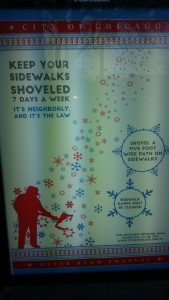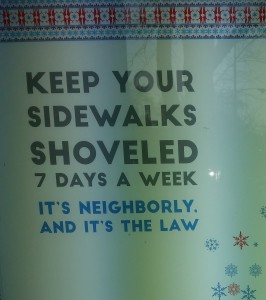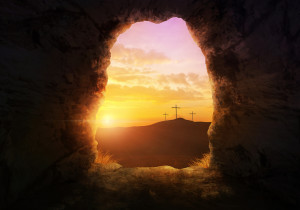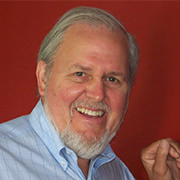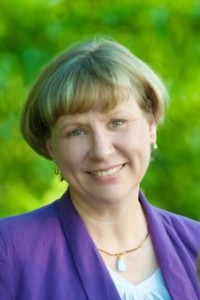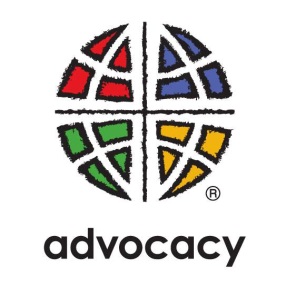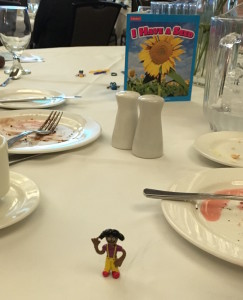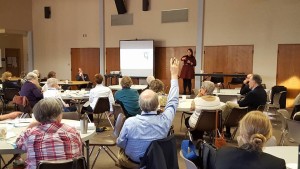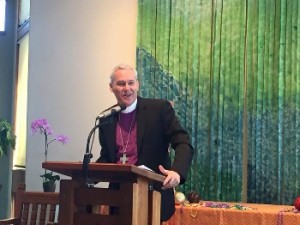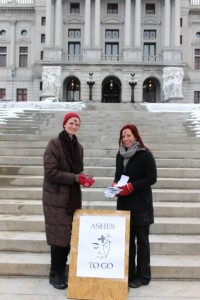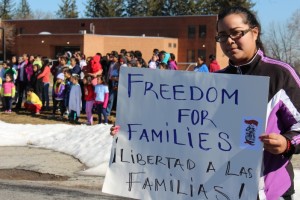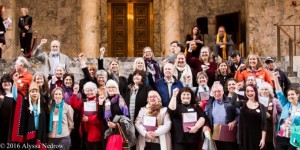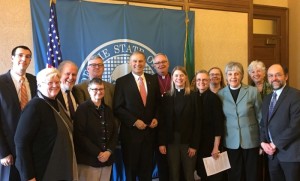By the Rev. Cindy Crane
Director, Lutheran Office for Public Policy in Wisconsin
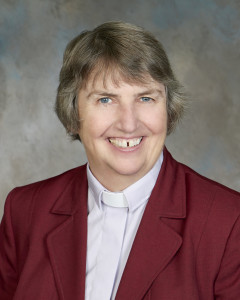 A photo of birds perching on telephone lines fills the front cover of the book, “Mobbing,” by Maureen Duffy and Len Sperry. The small creatures look as innocuous as notes resting on lines of music. However, the birds get center attention because of their tendency to join together to overtake larger animals. Recent studies show that if two particular birds have bonded to mob their prey once, the likelihood of their banding together in the future to gain advantage over another target grows exponentially. But the book isn’t about birds. It’s about human beings.
A photo of birds perching on telephone lines fills the front cover of the book, “Mobbing,” by Maureen Duffy and Len Sperry. The small creatures look as innocuous as notes resting on lines of music. However, the birds get center attention because of their tendency to join together to overtake larger animals. Recent studies show that if two particular birds have bonded to mob their prey once, the likelihood of their banding together in the future to gain advantage over another target grows exponentially. But the book isn’t about birds. It’s about human beings.
Mobbing is bullying that involves more than one person and has institutional buy-in. At least that’s one definition. When an entire agency, school, condo association, workplace, club, place of worship, government, or a political leader with followers condones abuse, validity is added to actions we would normally find abhorrent. There is something seductive about getting in line with a crowd even when it is moving in a questionable direction.
We stay alert to public policies that could add or diminish lawful layers of discrimination or violent behavior in general. Lessons from history add urgency to our advocacy when we notice disturbing trends repeating themselves. How will we engage?
Some mobbing is almost invisible, but the harm can have devastating consequences for the target, at times even leading to suicide. Duffy and Sperry refer to mobbing as a legal way to commit murder. Survivors often suffer from post-traumatic stress syndrome and are left with a changed worldview; it becomes harder to trust, have hope in transformation, and to not see life through a lens of cynicism. The treads in a brain of someone recently bullied or mobbed are most similar to those of someone who was just raped. Whether we have witnessed mobbing or have only read about overt forms of it in the news, the story on Good Friday seems familiar. We don’t talk about it, but people sometimes mob. It happened to Jesus.
A band of soldiers, police and religious leaders swooped in to overpower the Messiah. As the abuse intensified, Jesus didn’t struggle with his worldview or faith. Instead, we hear about Pilate having no power over him and of Scripture being fulfilled. At this point, it’s easy to think about this story being about the glorification of suffering, of Jesus dying because he wanted to die. These interpretations have fostered misunderstandings that victims of abuse or oppressed groups should acquiesce to oppressors just like Jesus did, missing Jesus’ resistance to injustice that led him to the cross. His profound love and forgiveness went hand in hand with his challenging parts of society that were legally designed to ostracize certain people. And his defiance of the distorted messages hurled at him up to his death was entrenched in God’s love.
Knowing what mobbing does to a person, Jesus’ air of resistance is remarkable. If there is a context in which to say, “I’m not like Jesus,” this is it. The vision that St. John lets us in on is of the Jesus who was in complete control. He wasn’t a warrior, but he didn’t act like prey either. Facing the soldiers, he exuded calm and told them to leave his disciples alone, protecting and loving them even though he knew most would desert him. He was unwavering with Pilate, one of the most powerful people in Israel. He carried his own cross. And in this gospel from the cross, Jesus didn’t express a sense of abandonment.
The Jesus whom John experienced was steady while the people around him displayed a whole array of responses. Judas betrayed him. Peter denied his discipleship. Pilate was agitated by the injustice the mob demanded but in the end went with the crowd. His mother, aunt, Mary Magdalene, and the beloved disciple stayed close to the cross.
How do we respond to Jesus? By grace, the gospel gives us courage to have a public voice when facing powerful systems that frame our society. And we discern between organizing out of love and ganging up on others to exert abusive power. This lesson teaches us that God in Jesus walks with those who are mobbed; they/we never have to journey alone. The story reminds us of Christ’s love, even when we falter and move against justice.
People sometimes mob, but that is not what defines the drama in John’s lesson. God incarnate in Jesus, Jesus’ authority and love shape the story of Good Friday. The story shapes us. For now, for this part of Holy Week, that is the hope revealed.
You can learn more about the work of Lutheran Office for Public Policy in Wisconsin by visiting their website at loppw.org/.
Our ELCA Advocacy initiatives are made possible through support from ELCA World Hunger. As we near the end of this Lenten season, register yourself or your congregation for ELCA World Hunger’s 40 Days of Giving to ensure that we can continue to work for systemic change that truly supports our brothers and sisters facing poverty and hunger.


